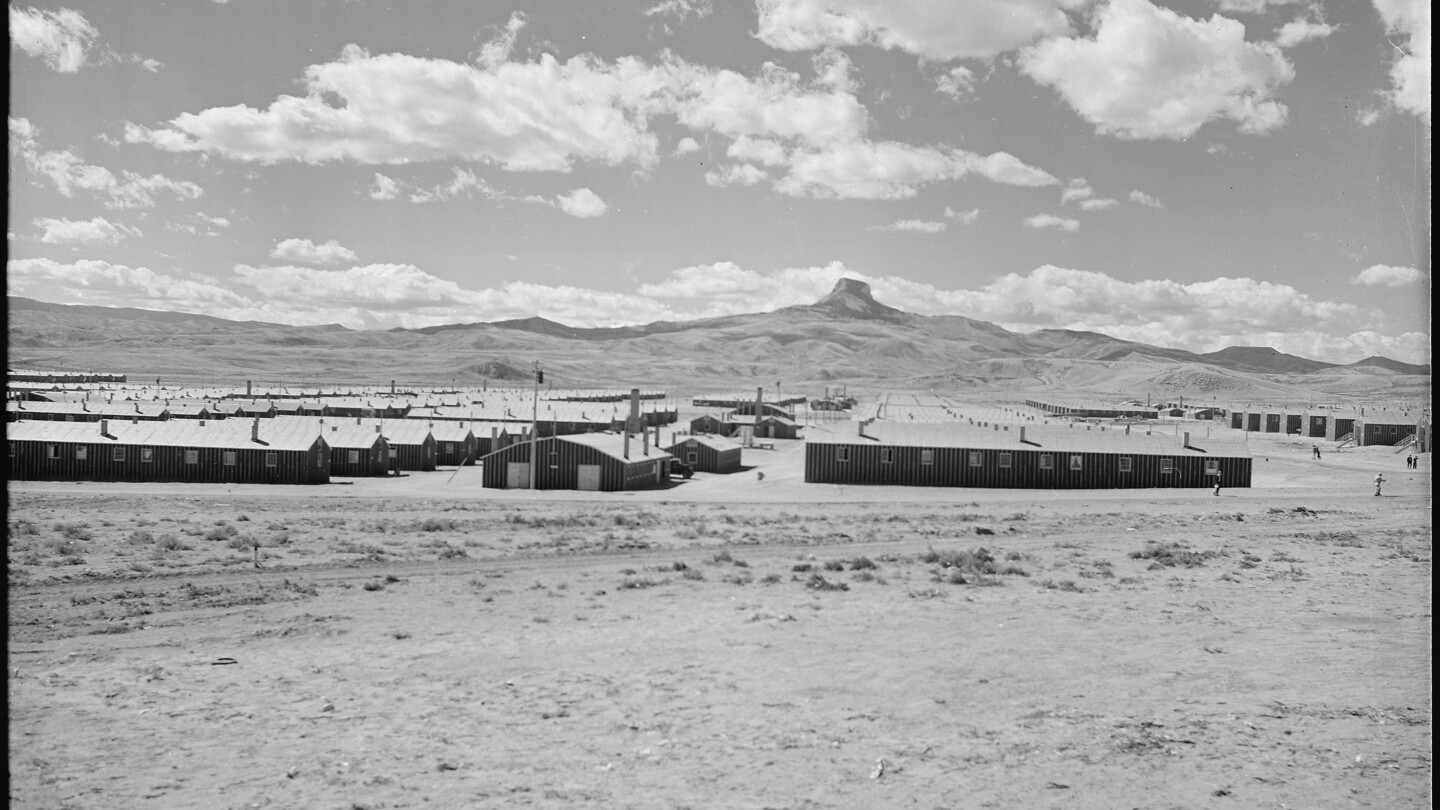Why Inglewood is Wrong for Suing for Copyright

Inglewood's in the news again, something I didn't know until this particular news went viral last week or so. I didn't know partly because the city hasn't been too eager to publicize what has generated the worst PR in town since Kevin Kline encountered some thugs driving home after a Laker game, in the opening scene of the 1991 movie "The Grand Canyon."
At least that was fiction. In that film, Danny Glover, playing a friendly tow truck driver, rescues Kline; there are no such heroes coming to our aid on this. Ironically, Mayor James Butts is supposed to be Inglewood's savior, a self-styled hero bringing us long-awaited development, a billion-dollar football stadium and world recognition. With his urbane profile that includes a master's degree in business, he's supposed to be breaking the political mold that's been frankly been small-town and starved for vision. But in backing this ridiculous lawsuit he's made Inglewood out to be the small-minded small burg that most assume it is.
So here's the news: a few weeks ago, Inglewood slapped citizen Joe Teixeira with a federal copyright lawsuit alleging that Teixeira, a longtime and vocal Butts critic who's a fixture at weekly council meetings, used snippets of city council meeting in video commentaries. Inglewood says that footage rightfully belong to the city and ordinary people like Teixeira are restricted in how they can use it. Critics immediately cried foul, alleging that the copyright suit is a legal fig leaf trying to cover Butts' personal agenda to shut Teixeira up -- and shut him down -- and, by extension, other citizens who would dare do something similar. They're calling it a First Amendment issue, not a copyright issue. I have to agree. Even if the city has some kind of exclusive rights to the footage -- and I'm not at all sure it does -- city council meetings are public forums that by definition belong to no one. Nor is Teixeira making money off his usage or in any way fashioning it into a product that could compete with the numbing hours of city council coverage that isn't exactly flying off the shelves on Amazon. The more salient fact here is that Butts, sophistication notwithstanding, is pretty thin-skinned. He doesn't like dissent. That's not uncommon among elected officials, especially chief executives, but Butts at this point is wildly popular in Inglewood. He won reelection last year with more than 80 percent of the vote, which practically makes him a legal dictator. It's one thing for an embattled mayor to be paranoid, but a mayor with that much support carrying this much attitude makes you wonder.
It doesn't help that Butts is shrinking from this controversy. He's been refusing comment from the moment it became a flashpoint among free speech advocates. He's probably keeping mum on the advice of the city attorney, who's really to blame here. It galls me to think that this case filed on behalf of the citizens is costing us tens of thousands, and if Teixeira wins the motion to dismiss this case, which is likely, the citizens will likely pay thousands more. Taxpayers funding a lawsuit that's meant to muzzle taxpayers -- more ridiculousness. Except that it isn't funny.
You've also got to wonder if race is part of what's fueling Butts' wrath. Butts is black, Teixeira isn't. The self-proclaimed Inglewood Watchdog is shown in one council meeting video decrying the fact that Butts is treating Inglewood citizens as if they're "weak," something he surely wouldn't be doing in another city. The clear implication is that Butts wouldn't be this heavy handed with a population that's more upscale and educated -- i.e., more white. He wouldn't dare hold it in such contempt. You can challenge this perception of the mayor, but I have to admit that Teixeira in general has a point. For years I've felt this sort of 'soft' contempt from black pols who claim to want to represent black people, but once elected, don't consult them. Too often they're interested in representation but not accountability. That fact that representation is accountability doesn't seem to occur to them; it's all about asserting and then maintaining power.
The small-town mayor with the worst case of this that I've seen was Omar Bradley, the mayor/king of Compton who ruled absolutely in the '90s and made a circus out of more than one council meeting. Though Bradley at least was a native with deep roots who saw himself as one of the common folk struggling to rehab Compton's battered image; he took genuine pride in things like street medians and city programs aimed at the disadvantaged. Butts comes off as more CEO than populist, and not a very conscientious CEO at that.
Certainly SoCal is full of small towns with rough-and-tumble politics. The cities in the Southeast area, from Bell to South Gate to Vernon, come immediately to mind. But the autocratic bent of the county's relatively few mayors who happen to be black is disturbing. Before Butts ran Inglewood there was Roosevelt Dorn, and before that, Ed Vincent. Both were known for their unapologetic bluster and my-way-or-the-highway governing style. And both could preach about community empowerment and the little people until they were in the blue in the face; like Omar Bradley, they had the post-civil rights lingo down. But both were notorious for their intolerance. Butts is nothing new in this regard, but he should be something new. His own political rhetoric about Inglewood moving to another level demands it. I know he doesn't have the listening gene, but if he at least listened to himself, we'd all be better off. For one thing, we wouldn't have frivolous lawsuits.


